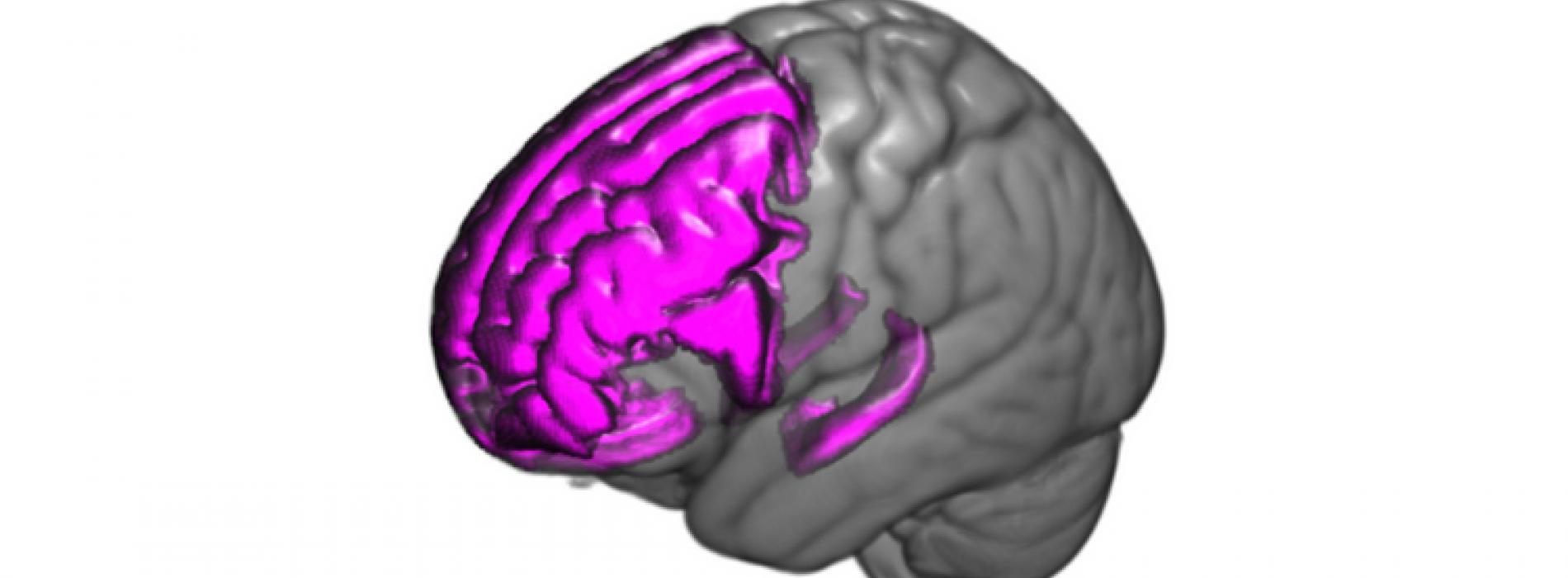
 News
News
Protecting the IQ of people at risk for psychosis
The frontal lobe and hippocampus (purple) are among the areas most affected by impairment due to psychotic illness. Treatment with selective serotonin reuptake inhibitors seems to have a neuroprotective effect on the maturation of these regions. © UNIGE
A UNIGE team has found that a class of drugs can protect the development of intellectual abilities in people at risk of psychosis, if prescribed before adolescence.
One person in 2000 suffers from a microdeletion of chromosome 22 that can lead to the development of psychotic disorders, such as schizophrenia, in adolescence. In addition to symptoms such as hallucinations or delusions, psychotic disorders also comes with a progressive decline in intelligence quotient (IQ). If current drug treatments are successful in containing psychotic symptoms, nothing can be done to prevent the deterioration of intellectual skills that leads to loss of autonomy. Researchers at the University of Geneva (UNIGE), Switzerland, have discovered that prescription of selective serotonin reuptake inhibitors (SSRIs) – a class of drugs used to treat anxiety and depression –in late childhood can reduce the deterioration of intellectual abilities, and have a neuroprotective effect on some of the brain regions affected by the psychotic illness. This study, to be read in the journal Translational Psychiatry, opens up a new field of research and new hope for people affected by the microdeletion of chromosome 22.